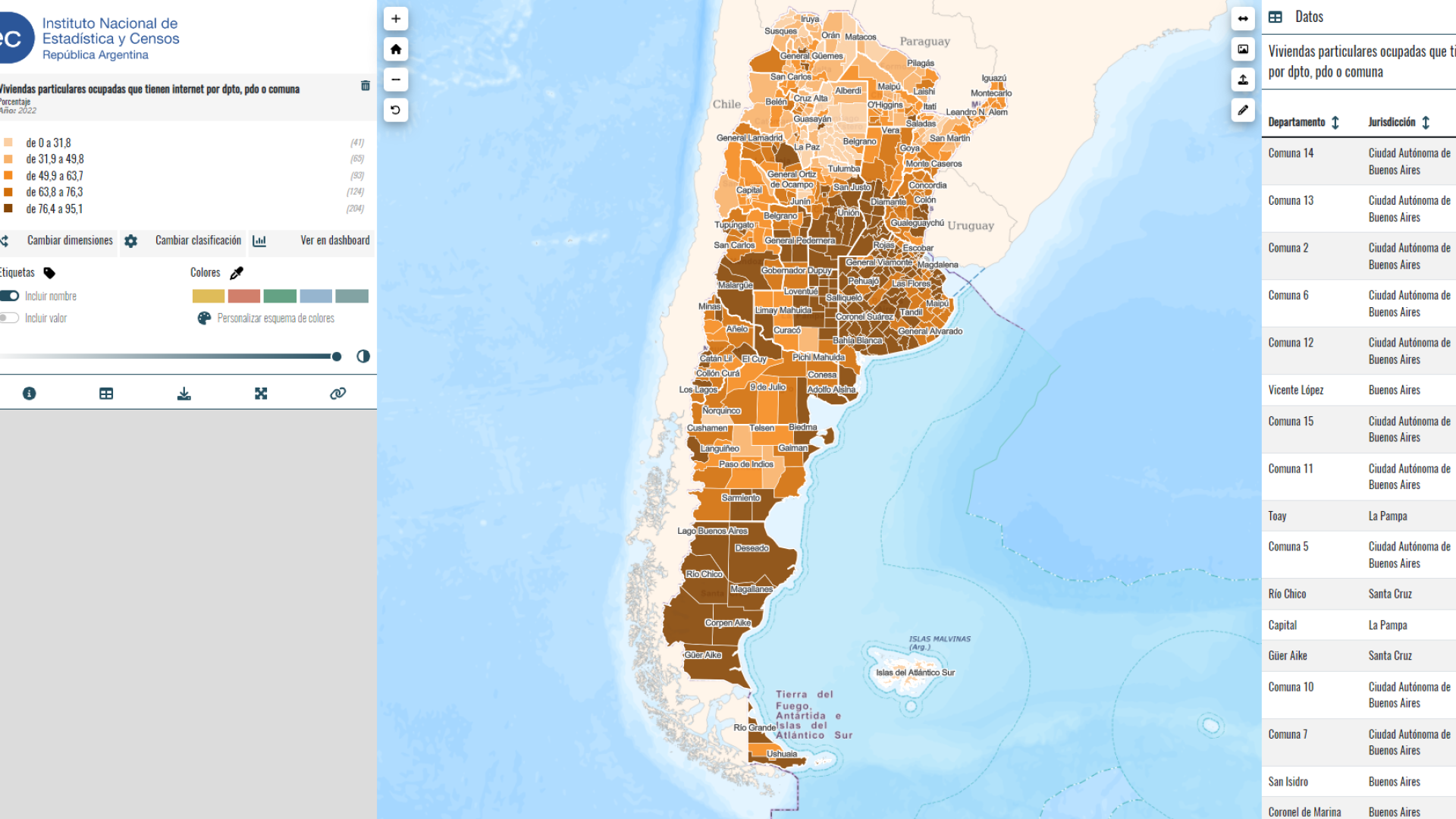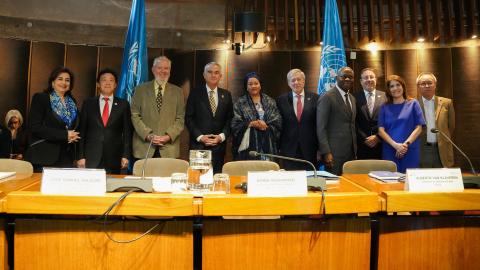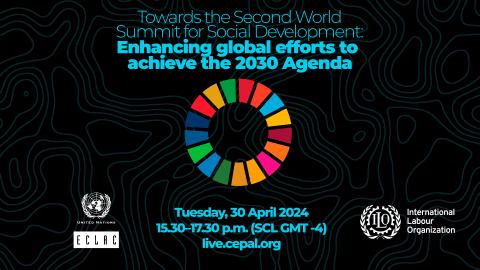Briefing note
The success of the recently approved 2030 Agenda for Sustainable Development will depend on countries’ ability to move from consumption-based societies to more productive ones aimed at people’s wellbeing, said Alicia Bárcena, ECLAC Executive Secretary, on Thursday, March 3 during a keynote lecture at Andrés Bello Diplomatic Academy, which is under the authority of Chile’s Foreign Affairs Ministry.
“The 2030 Agenda is an opportunity to change the development pattern,” the most senior representative of the Economic Commission for Latin America and the Caribbean (ECLAC) emphasized to an audience of ambassadors, representatives from international organizations, public figures from Chile’s social, political and religious world and students.
Alicia Bárcena was received by Juan Somavía, former Director-General of the International Labour Organization (ILO), adviser to the United Nations Secretary-General, Ban Ki-moon, and current Director of the Andrés Bello Diplomatic Academy.
Somavía said that ECLAC is a pioneer in posing a “comprehensive vision of development” which now inspires the 2030 Agenda and its 17 Sustainable Development Goals (SDGs). He highlighted, in this sense, the latest institutional documents presented by the UN regional organization in 2010, 2012 and 2014 focused on equality.
The new document, which ECLAC will present at its next period of sessions to be held May 23-27 in Mexico, aims to appeal to the 2030 Agenda to contribute to the construction of a development theory that will lend support to the objectives and indicators set forth, Bárcena explained. The document is entitled Horizons 2030: Equality at the centre of sustainable development.
During her presentation at the Diplomatic Academy entitled “Challenges of Implementing the 2030 Agenda in Latin America and the Caribbean,” she reviewed the complex international and regional economic context at present and the “tectonic shifts” taking place in the world today: from the reorganization of the world economy and the politics in trade blocs to the technological revolution, urban development and the threat of climate change, among others.
Although she suggested the need for the countries of Latin America and the Caribbean to actively incorporate the SDGs into their national development plans, she emphasized that “this agenda will not be possible with the addition of national initiatives alone. What is required is global governance and new coalitions” among governments, the citizenry and the private sector, Bárcena said.
To move forward with this agenda, “we must look at the region from the perspective of its productive structure and economic situation,” she said. “Until now, the region’s growth has been based fundamentally on public and private consumption, and not on improvements in productivity,” added the senior official, advocating particularly for regional integration. “The region is prepared, for example, to build a common digital market,” she said.



